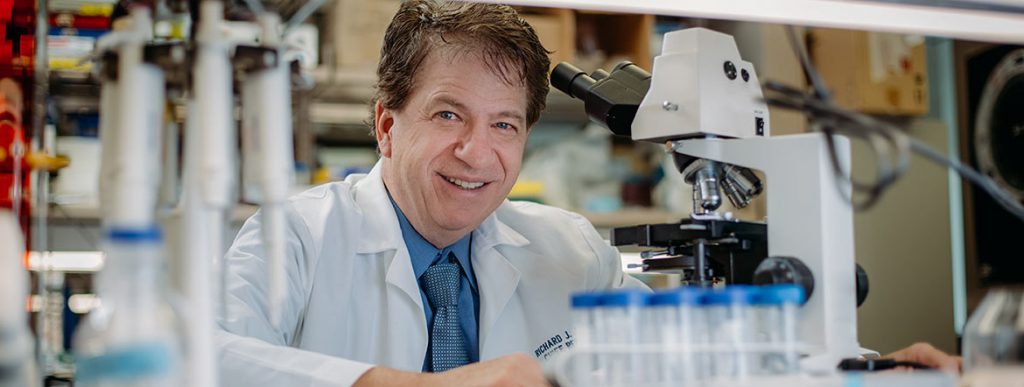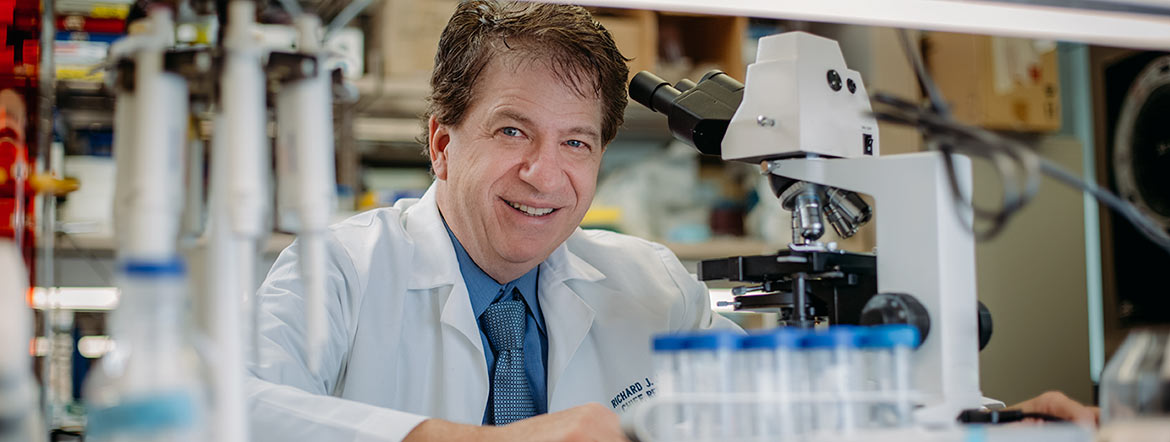Dr. Richard J. Johnson, MD
Physician, Researcher, AuthorI am driven by curiosity, the excitement of discovery, the intriguing interplay of history and science, the joy of helping people, and the desire to make a difference.
I was inspired to become a physician by my father who was in academic medicine. My dream was to be able to help people while at the same time contribute to our understanding of the science of medicine and potentially help find new ways to understand and treat disease.
IMPORTANT - PLEASE READ
I have never had, nor do I plan to have any affiliation or association at all with the products sold as SugarShield, Liv3health, or any associated products, their websites, or anyone associated with their businesses, including any retail sites such as PlantX that market their products.
I do not endorse any of their products in any way. All inferred connections are erroneous. Additionally, I did not authorize the use of any of my reference material that has been used as a way to support the claims they make on their websites, in the media, including Reddit, and any outlets that market their products.
Please note: I do believe luteolin likely has some beneficial effects on fructose metabolism, but I know of no data that their product blocks fructose metabolism in humans or is safe at the dosage they recommend.
I am currently consulting legal counsel about the matter.
Thank you for your time and understanding.
Dr. Richard Johnson, MD
Emeritus Professor of Medicine, Univ of CO
Recent Posts - (Media, Musings, and News)
Nature Wants Us to Be Fat
by Dr. Richard Johnson, MD
“The science behind how sugar is not food but poison.” - Robert Lustig
If one wants to be able to prevent, treat, or cure obesity, one must first understand its cause. Dr Richard Johnson is an internationally acclaimed scientist who presents the newest information on the surprising cause of obesity and related conditions such as diabetes and heart disease. The key discovery was to understand what drives obesity in nature (such as in hibernating animals). Obesity is triggered by a biological switch that makes us insulin resistant and fat.

In Nature Wants Us to Be Fat, Dr Johnson shares the mounting evidence on how this switch is responsible both for excess fat storage and many of the major diseases endemic to the Western world, including heart disease, cancer, and dementia, along with a science-based plan to fight back against nature. Guided by his and others’ ongoing clinical research—plus fascinating observations from the animal kingdom, evolution, and history—Dr. Johnson takes you along on an eye-opening investigation into:
- What you can do to turn off your survival switch
- What we have in common with hibernating bears, sperm whales, and the world’s fattest bird
- Why it's fructose (not glucose) that drives insulin resistance and metabolic disease
- The foods we eat that trigger the body to make its own fructose
- The surprising role salt and dehydration play in fat accumulation
- The link between the survival switch and health conditions such as gout, kidney disease, liver disease, stroke, behavioral disorders like addiction and ADHD, and more
- How to use this pioneering research to not only prevent and reduce obesity, but also lower our risk of developing disease

